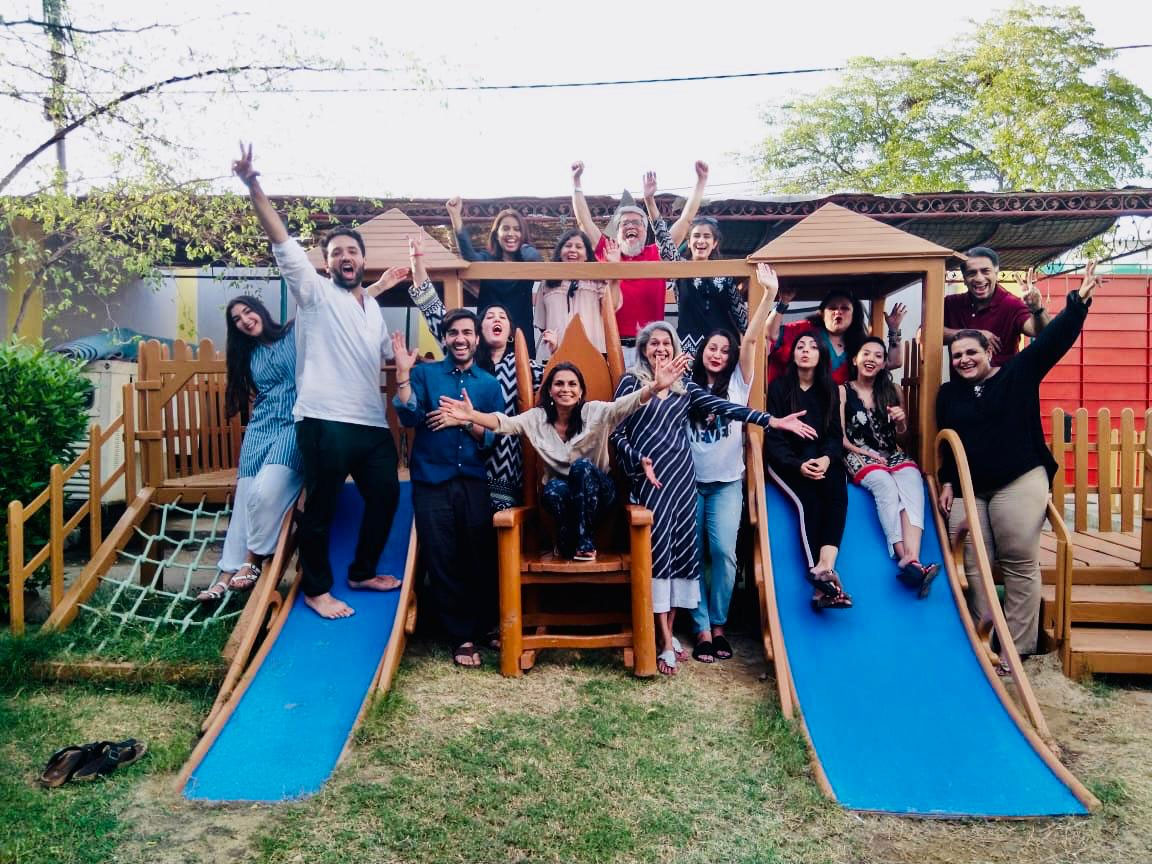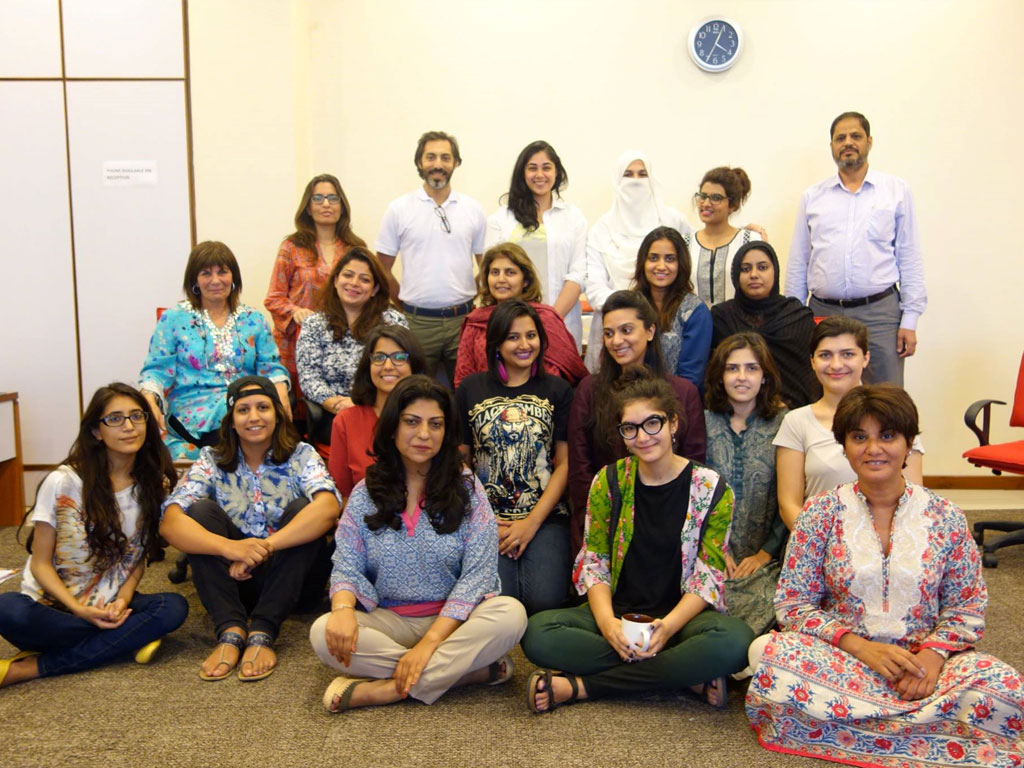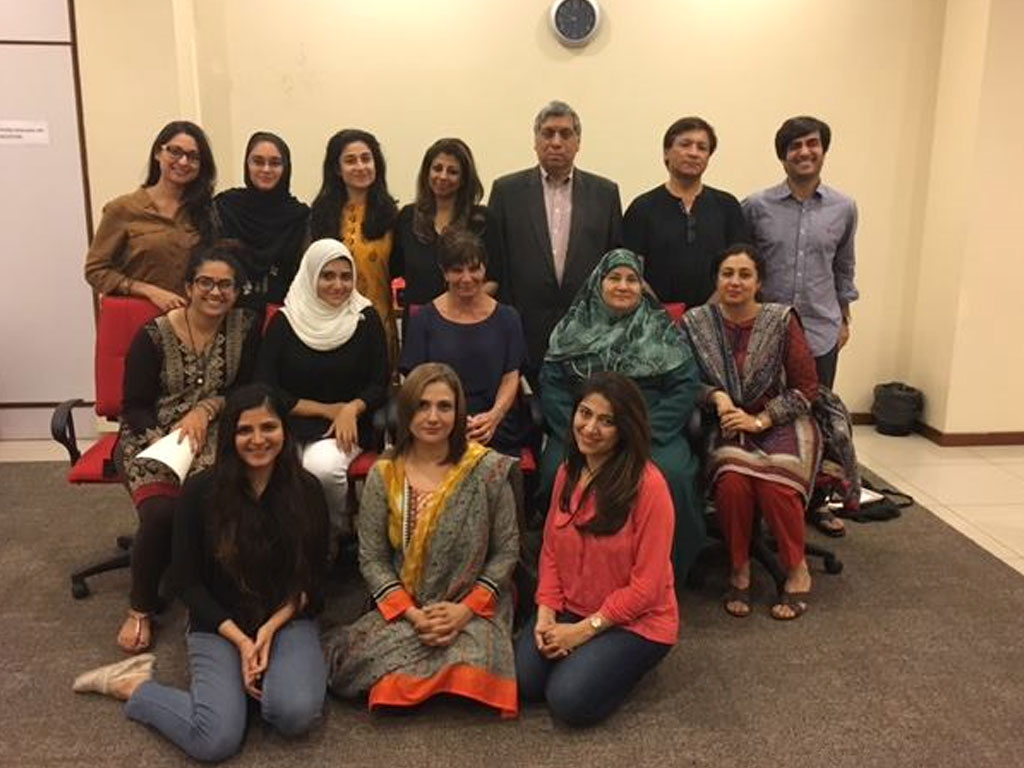- +92 309 7227789
- mail@cppd.com.pk


The Diploma in Humanistic Integrative Counselling aims to provide a solid foundation in the Humanistic Integrative approach and its application to counselling practice. The course is a practitioner training and offers an environment where students can build on their relationship skills within clinical practice. Students are encouraged to develop further their self-awareness, both within the group and throughout their practice. On completion of the course students will qualify for the Diploma in Humanistic Integrative Counselling.
The Diploma is the first year of the two-year training, and is open to students who have gained a Certificate in Humanistic Integrative Counselling from other training institutions. In order to be accredited, students then need to go onto the second year of the course (Advanced Diploma) and take the Certificate in Proficiency Test, offered online by the BACP, once they have completed the whole training.

The Diploma in Humanistic Integrative Counselling is a one-year part time course spanning over five modules. It aims to provide a solid foundation in the Humanistic Integrative approach and its application to counselling practice. The course is a practitioner training and offers an environment where students can build on their relationship skills within clinical practice. Students are encouraged to develop further their self-awareness, both within the group and throughout their practice.
Each module consists of full day weekend classes and evening classes on the following weekdays. There will also be further intensive weekend trainings in working with Children & Adolescents. In addition to course contact time, it is mandatory for trainees to attend supervision sessions, sign up as student members of the BACP (British Association of Counselors and Psychotherapists) and be in personal therapy. Students will also be expected to complete 120 client contact hours over the year; a minimum of 60 client contact hours is required to be eligible for the Advance Diploma. Students are given six months from the last day of classes to submit their Diploma portfolios and on successful submission will receive their Diploma award.
The core tutor will discuss further information with regards the requirements of the Diploma during the first weekend and in the Diploma Handbook, which will be provided to the students on the first day of the weekend. The Diploma forms year one of the two - year training program and as a stand-alone course does not qualify students to practice as trained counselors.


The Diploma provides an arena for trainees to further develop their understanding of the Humanistic Integrative Framework and the application of the Five Level Relationship Model (Petruska Clarkson). Students will deepen their understanding of the major Humanistic approaches of Person-Centered Counselling, Gestalt, Transactional Analysis and Egan, and combine this with deeper understanding of the Psychodynamic concepts of transference and countertransference. Students will continuously be focusing on developing an integrative model of clinical practice. Trainees will be introduced to the concepts and principles underpinning advanced counselling skills, together with clinical issues such as assessment, contracts, boundaries and managing referrals. The course will examine specific issues such as:
To assist trainees with integrating theory into practice, and in their development as competent practitioners, students attend a minimum of:
The Trainees’ practice is supported in the individual and group supervisions through the presentation of clinical material, case discussion, awareness of transference and countertransference issues and practitioner/client role-plays.
Continuous throughout the year and includes elements of self, peer and tutor evaluation. Students are required to successfully complete three written assignments throughout the year (3000 – 3500 words each). These include a theoretical essay, case study and a student presentation, which is also submitted in essay format. Clinical practice is supported through ongoing assessment by the clinical supervisor.
Assessment is based on the demonstration of skills through the case presentation of their work with clients, including the submission of three audio-taped counselling sessions, as well as active participation within the whole group and in skills based exercises. Students are expected to attend every session (a leave in case of emergency might be allowed by the tutor depending on circumstance) for the Diploma to be issued.
Applicants for the Diploma in Humanistic Integrative Counselling must have completed the Certificate in Humanistic Integrative Counselling either from CPPD or another equivalent institution.
Approximately 218 hours
For more information, schedules and fee structures, feel free to email us on mail@cppd.com.pk or call us on 0309-7227789 Monday-Fridays between 9:30 am-6:30 pm.
Enrol Now